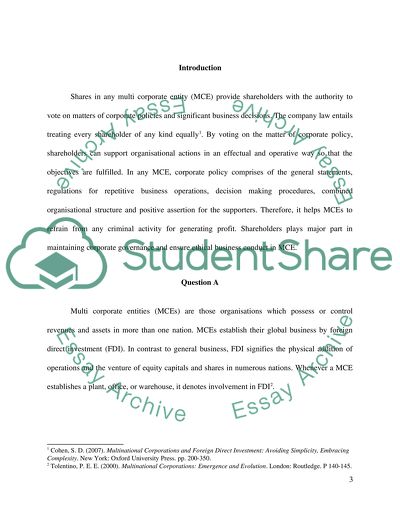Cite this document
(“Multinational Corporate Entities Essay Example | Topics and Well Written Essays - 3000 words”, n.d.)
Retrieved from https://studentshare.org/law/1394078-multinational-corporate-entities
Retrieved from https://studentshare.org/law/1394078-multinational-corporate-entities
(Multinational Corporate Entities Essay Example | Topics and Well Written Essays - 3000 Words)
https://studentshare.org/law/1394078-multinational-corporate-entities.
https://studentshare.org/law/1394078-multinational-corporate-entities.
“Multinational Corporate Entities Essay Example | Topics and Well Written Essays - 3000 Words”, n.d. https://studentshare.org/law/1394078-multinational-corporate-entities.


